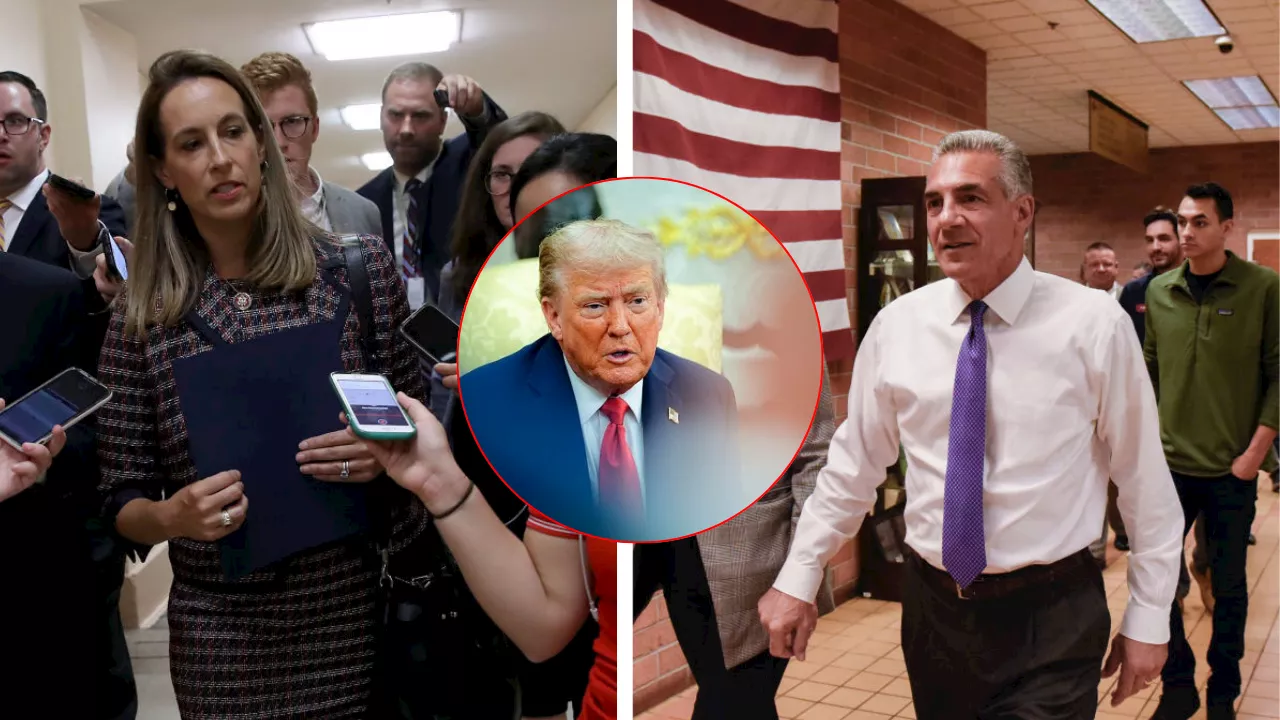U.S. Senator Ron Wyden has firmly opposed any intervention from President Donald Trump regarding the recent unrest in Portland, Oregon, which has seen increasing tensions related to the group known as Antifa. In a statement shared via social media, Wyden asserted that Portland does not require federal assistance, urging Trump to “stay the hell out of our city.”
The senator’s remarks came during a visit to the Immigration and Customs Enforcement (ICE) facility in Portland. Video footage showed Wyden standing outside the facility, where he stated, “Taken just a few minutes ago outside the ICE facility that Trump claims is under siege. My message to Donald Trump is this: we don’t need you here.”
Critics quickly pointed out that the violence associated with Antifa typically occurs at night, not during daylight hours. A social media post highlighted a video of what appeared to be Antifa members outside the facility, reportedly filmed the previous night. The post included the message, “Will you just shut up and stop embarrassing the State of Oregon.”
The backdrop to Wyden’s remarks includes a request from Kristi Noem, Secretary of the Department of Homeland Security, for the deployment of federal troops to shield Portland and ICE facilities, which she described as being “under siege from attacks by Antifa.” This request follows Trump’s executive order designating Antifa as a domestic terrorist organization, aimed at disrupting the group’s operations.
This executive order was issued shortly after the assassination of Charlie Kirk at Utah Valley University, which drew connections to Antifa. Authorities reported that ammunition casings linked to the incident bore Antifa-related slogans, raising alarm about the potential for further violence. Utah Governor Spencer Cox confirmed the apprehension of Tyler Robinson, the alleged shooter, who has since confessed to the crime. Prosecutors have filed seven charges against him and are pursuing the death penalty.
In Oregon, many Democratic officials, including Portland Mayor Ted Wheeler, have faced criticism for their handling of the unrest. Wheeler acknowledged that his policies aimed at managing Antifa activities have fallen short. He has called for new enforcement measures and has requested assistance from federal and state authorities to address the ongoing lawlessness.
Wyden’s comments, however, reflect a division among Oregon Democrats regarding the role of Antifa in the state’s political landscape. Some argue that the presence of Antifa serves to intimidate political opponents, alleging that this violence benefits Democrats by disrupting conservative events and stifling Republican engagement in the political process.
Despite the ongoing challenges, Wyden maintains that Portland can effectively manage its public safety needs without federal intervention, asserting, “There is no insurrection. There is no threat to national security.”
The situation in Portland remains fluid, with ongoing discussions about the appropriate response to the unrest and the political implications of Antifa’s activities. This incident underscores the broader national conversation about law enforcement, civil rights, and the balance between federal and local governance.








































































